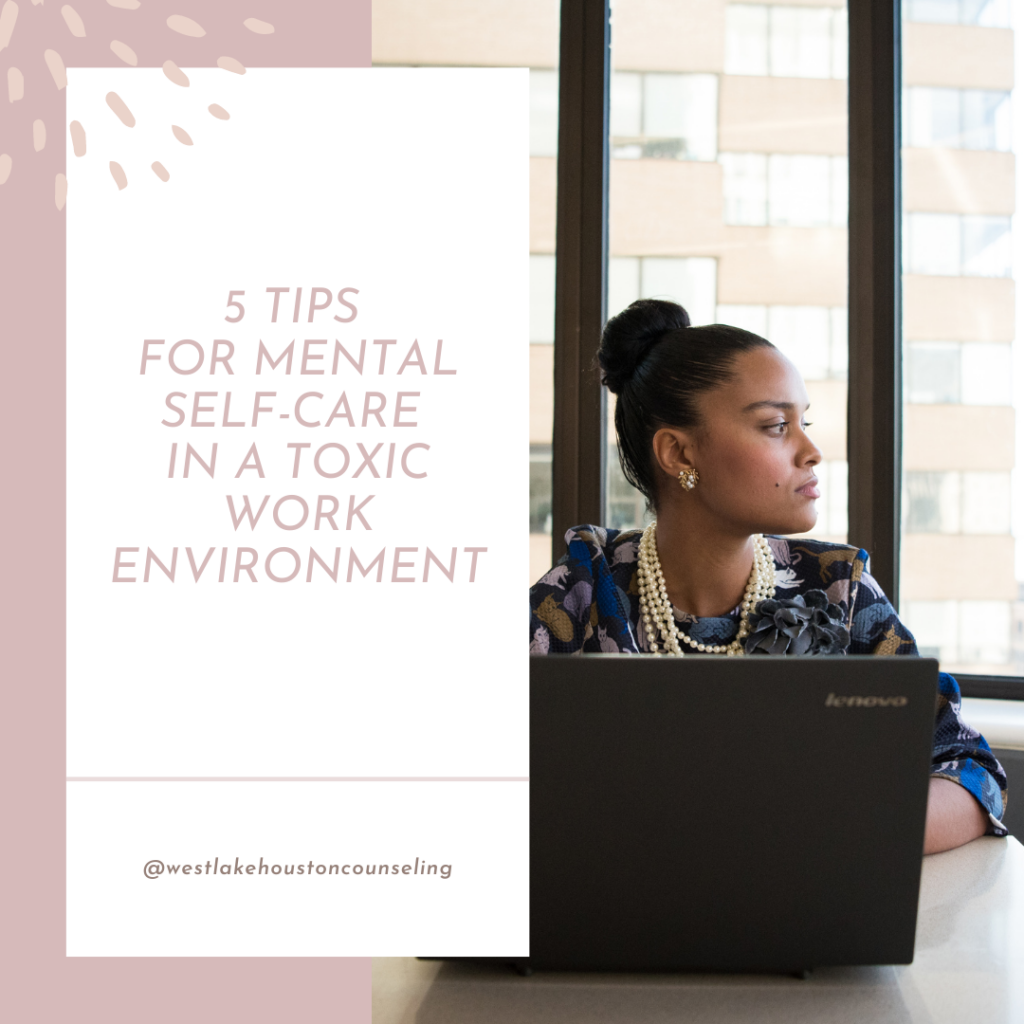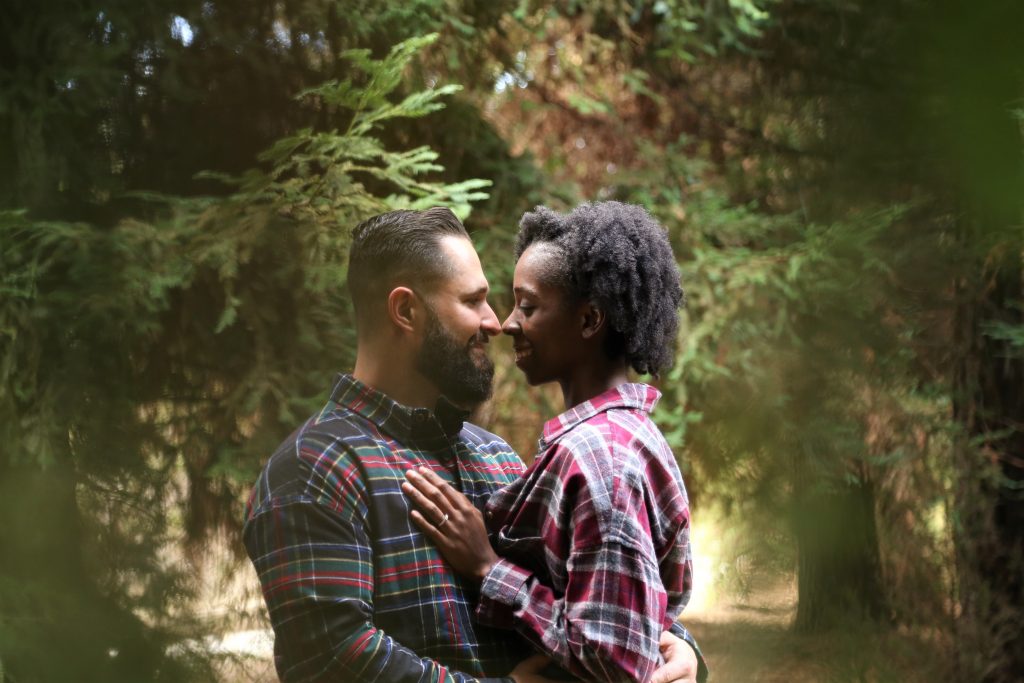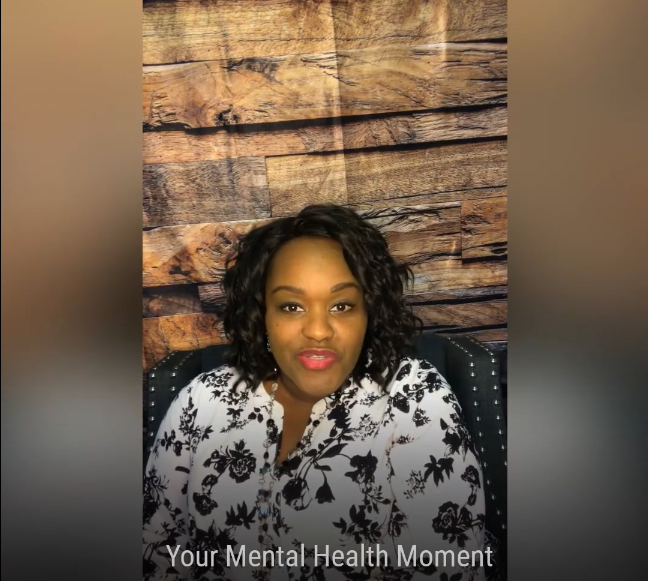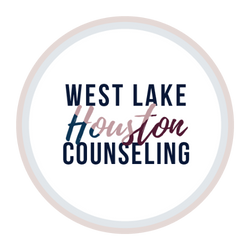5 Tips for Mental Self-Care in a Toxic Work Environment

Vestibulum nec velit ante. Praesent dignissim interdum est, in lacinia elit pretium nec. Aliquam erat volutpat. Fusce laoreet mi leo, a facilisis dui tempus id. Pellentesque lacinia eget massa in commodo. Pellentesque faucibus rutrum velit, et maximus velit bibendum et. Aenean varius, leo non venenatis feugiat, erat elit interdum ligula, in viverra diam.
Coping with Depression During the Holiday Season

Vestibulum nec velit ante. Praesent dignissim interdum est, in lacinia elit pretium nec. Aliquam erat volutpat. Fusce laoreet mi leo, a facilisis dui tempus id. Pellentesque lacinia eget massa in commodo. Pellentesque faucibus rutrum velit, et maximus velit bibendum et. Aenean varius, leo non venenatis feugiat, erat elit interdum ligula, in viverra diam.
3 Ways Individual Counseling Can Help Your Marriage

3 Ways Individual Counseling Can Help Your Marriage Previous PostNext Post 3 Ways Individual Counseling Can Help Your Marriage Even happily married couples can hit obstacles along the way. When this happens, couples can either go it alone and try to work through their issues themselves, or they can seek the guidance of a trained and experienced marriage counselor. While some couples feel their problems should be kept private, many more are finding the value of seeking help from an impartial and nonjudgmental third party. Here are 3 ways individual counseling can help your marriage 1.Identifying Behavioral Patterns Most of us are aware of our partner’s behaviors but unaware of our own. And, most challenges faced by spouses is the result of the patterns between them. But when you only see half (or less) of the dysfunctional patterns, the problems in the marriage can seem confusing and overwhelming. A therapist is trained to help individuals recognize their own negative patterns and how they manifest in a relationship. The result is both partners are empowered and able to take a step back during conflicts as they occur, preventing escalation. As a bonus, a therapist can also point out the strengths and resources they find in your relationship so you can leverage and learn how to nourish them. 2. Change at the Root Level Once your therapist has helped you identify negative patterns, they can then help you understand why they are happening and assist you in changing them. Most behavioral patterns are formed and ingrained when we are very young – before we become self-aware and before we’ve met our significant others. Understanding why your partner reacts a certain way can create empathy and help communication. Once you’ve laid this solid foundation, your therapist can give you specific adjustments that can change your relationship for the better. 3. Deeper Intimacy A therapist will not only tailor changes based on your unique dynamics as a couple, they will help you practice the adjustments and encourage you to remain vigilant and consistent. The result is a deeper intimacy and a deeper understanding of each other with a renewed commitment to meet each other’s needs and desires. While you may first feel embarrassed discussing marital problems in front of a stranger, ultimately a marriage counselor can bring you both to a more fulfilling phase of your partnership. If you or a loved one is interested in exploring treatment, please contact me today. I would be happy to speak with you about how I may be able to help. All Posts Advice Couples Therapy EMDR Therapy Health & Wellness Holidays Individual Therapy LGBTQ LGBTQ+ Therapy Links Mental Health Moment Services Teen Therapy Teens Therapist Uncategorized 5 Tips for Gift Giving How to spot love bombing Finding an Affirming Therapist
Mental Health Moment: What is Good Therapy?

Mental Health Moment: What is Good Therapy? Previous PostNext Post Mental Health Moment: What is Good Therapy? Mental Health Moment Series pertains to therapy and the world of mental health matters. We offer tools and tips for managing mental wellness and offer relevant resources. We created this video because finding a therapist can be difficult, especially for first-timers. Watch the video below for tips on things to consider when looking for a therapist and what that relationship will look like. Note: Mental Health Moment is not a substitute for mental health therapy. If you think you may benefit from therapy we strongly advise you to seek out those services. https://youtu.be/t4qd_rBRUVE All Posts Advice Couples Therapy EMDR Therapy Health & Wellness Holidays Individual Therapy LGBTQ LGBTQ+ Therapy Links Mental Health Moment Services Teen Therapy Teens Therapist Uncategorized 5 Tips for Gift Giving How to spot love bombing Finding an Affirming Therapist
5 Tips for Navigating a Distanced Holiday

5 Tips for Navigating a Distanced Holiday Previous PostNext Post 5 Tips for Navigating a Distanced Holiday The Thanksgiving holiday is associated with contact and fellowship with family and friends. This year, COVID-19 has overshadowed numerous birthdays, life events such as weddings, and other opportunities to come together and celebrate. The recent spike in new COVID-19 cases reminds us that we are not “out of the woods” as the virus continues to spread. If the need to distance this holiday is causing you to feel sad or down, you are not alone. Here are 5 Tips for Navigating a Distanced Holiday to help you to have a more fulfilling experience: 1. Don’t Bottle Your Emotions: Whatever your feelings may be, they are real and valid. It’s okay to feel sadness and grief over what you believe may be lost as a result of distancing from others. Bottling these feelings will only intensify them, so allow yourself those moments and be present with them. 2. Allow Yourself to Grieve with Anticipation: It is easy to look at where we are now and only be able to consider the sad aspects of it (no children running around the table, no playing cards, no gathering around the TV for the football game), but remember to reflect on those past holidays with joy and anticipation that one day, we will return to a more normalized way of gathering and sharing in these good times together 3. Be Open to Creating New Meaning: The last several months have required us to develop a whole new way of connecting with each other. Traditionally, there would be no question as to whether gathering would be a part of sharing good times with others. Steer clear of the belief that you cannot create meaning during this holiday. Decide on how you want to feel this holiday (joy, connection, gratitude) and think of creative ways to achieve this. One example might be making a list of the top 3 people in your life you wish to express gratitude to, playing a virtual game with loved ones – there are a TON out there, or learning to make a new dish and sharing it virtually. The possibilities are endless. 4. Remember Your “Why”: Keep in mind the reasons for this distance in the first place. For many of us, we are distancing so that we may anticipate future gatherings and celebrations together. By keeping others safe, we increase their chances of living more fully in the future (vulnerable persons in particular) 5. Find a Way to Help Someone: A powerful antidote to seasonal depression, grief, and sadness is to find a way to be of support to another person. This might include a phone call/video chat, donating to a non-profit organization, or driving food/items to someone who is unable to prepare their own meal. Finding creative ways of being helpful to others is a legitimate and promising way to cope with your own emotions this holiday, whatever they may be! May you enjoy a safe and pleasant holiday! All Posts Advice Couples Therapy EMDR Therapy Health & Wellness Holidays Individual Therapy LGBTQ LGBTQ+ Therapy Links Mental Health Moment Services Teen Therapy Teens Therapist Uncategorized 5 Tips for Gift Giving How to spot love bombing Finding an Affirming Therapist
5 Ways to Recharge Your Energy After a Rough Day

5 Ways to Recharge Your Energy After a Rough Day Next Post 5 Ways to Recharge Your Energy After a Rough Day Few things zap your energy the way a stressful day can. Stress is known to reduce our levels of serotonin and dopamine, neurotransmitters that play an important role in our mood, energy and motivation. After a difficult day, you might be tempted to lounge on the couch watching TV until it’s time to go to bed. Although it might feel good in the moment, it won’t give you the mood and energy lift you need after a rough day. Here are five simple ways you can recharge yourself. 1. Unplug After a stress-filled day, you need to unwind—and that means turning off your phone for some much-needed “me” time. It can be tempting to sit on the couch with your phone all night, checking emails, responding to texts, or getting lost on Facebook or Instagram. Unplug. Turn your phone off and put it in a drawer in a room in your house that’s out of the way, or leave it in your car. Don’t touch it again until after you’ve had a good night’s rest. 2. Go Outside If the sun is still out after your rough day, put on your comfy shoes and go for a quick walk. Exposure to the sunlight will help your brain release serotonin, which will boost your mood and help you feel calm and focused. Exercise is also one of the best ways you can improve your mood, helping you relieve stress and sleep better at night. Even if the sun is down, a walk outside will still help, as the exercise and fresh air will help you feel invigorated. 3. Refresh Yourself After a tough day, take the time to refresh yourself by taking a 45-minute nap. A quick 5 or 10-minute meditation session can also help lift you up. Use your phone to find a guided meditation on YouTube, or play some relaxing music while you meditate quietly for a few minutes. You can also pamper yourself with a bubble bath, or if you need something more uplifting, take a quick shower. Before you get out of the shower, splash some ice cold water in your face; the chill will refresh you and wake you up. 4. Eat Healthy A healthy dinner or snack is just the thing you need after a rough day. Avoid comfort foods that will leave you feeling sluggish. Instead, fuel your body with protein, fruits, vegetables, and whole grains. These foods will slowly release energy into your bloodstream, and you’ll likely get a mental boost as well from the feel-good result of eating healthy. 5. Make Plans Looking forward to something is a great way to boost your mood long-term. Plan a vacation, a weekend getaway, or just a day trip. Even planning a special meal, or a visit to a new bar or restaurant will help; give yourself something to look forward to. Are you struggling to maintain your energy levels? Is stress causing you to feel tired, anxious or depressed? A licensed therapist can help you find ways to manage stressful situations. Call my office today and let’s schedule a time to talk. All Posts Advice Couples Therapy EMDR Therapy Health & Wellness Holidays Individual Therapy LGBTQ LGBTQ+ Therapy Links Mental Health Moment Services Teen Therapy Teens Therapist Uncategorized 5 Tips for Gift Giving How to spot love bombing Finding an Affirming Therapist
